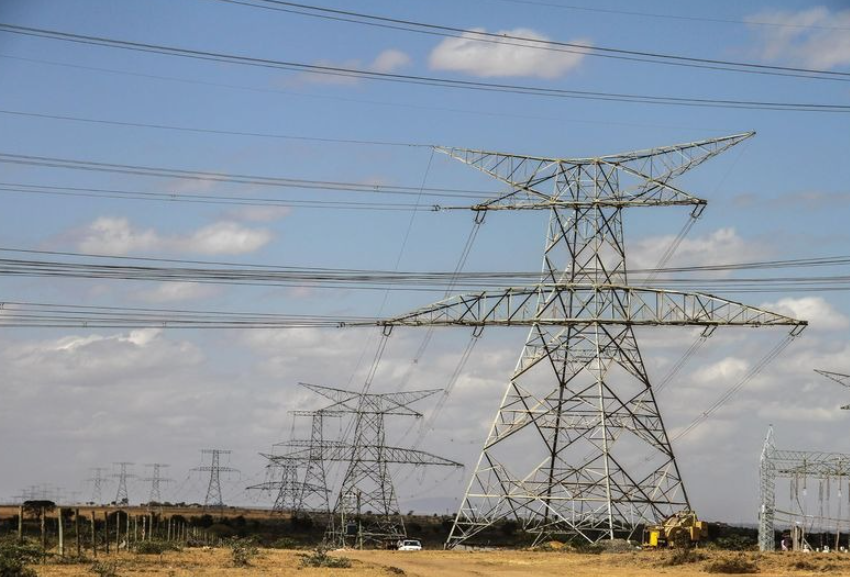Counties should adopt Sakaja’s school meal plan

Nairobi City County Governor Johnson Sakaja last week broke ground for the construction of10 kitchens to cook meals for all public schools and Early Childhood Education Centres (ECDC) in Nairobi.
The school feeding programme, dubbed “Dishi na County,” is a Sh1.2 billion initiative to provide a daily nutritionally balanced hot meal for all children in public primary schools and ECDCs. The ambitious programme targets 250,000 children.
This is a very important initiative. In times when many homes are facing challenges in putting food on the table, many children are going to school hungry.
The same hungry children are expected to compete with their well fed counterparts from homes that are food secure. The challenge of food is not only an educational one, but also one of proper nutrition to secure a child’s normal growth.
However, no sooner had this initiative been launched than an education lobby, Tunza Mtoto Coalition, vowed to go to court to stop the programme.
The lobby claims that the Dishi na County programme is not part of devolved functions, and will entrench inequality.
Pray, what do Kenyans want? This is a radical plan to invest billions in children, who are the country’s future, yet there are people, who proclaim themselves educationists, who want to stop it? The lobby group’s executive director, Janet Muthoni Ouko, states, correctly, that the programme should be instituted in Nairobi’s non-formal schools because of the great need there.
What the lobby should be seeking to do is to put pressure on the Nairobi county government to bring in those schools as well into the programme. They actually should be advocating that all county governments launch a similar programme.
The other arguments against the programme are superfluous really. Children battling hunger and malnutrition need a well balanced diet now, not tomorrow. A progressive programme like this surely cannot be held hostage to sophistry, or as Kenyans would say,’ kizungu mingi.”
All counties should follow the lead of Nairobi and institute daily feeding programmes across their public schools. This will be one of the country’s most critical investments in the future of Kenya’s children, up there with free primary education and immunisation.
As Sakaja’s government puts in place the infrastructure to roll out this programme, it must have its eyes trained on several factors that can destroy this initiative.
First is sustainability. Sustainability of the programme rests on availability of food, and finances. The recent ravaging drought in Kenya, and the shooting of food prices in recent months, demonstrate just the kind of risks that faces the schools feeding programme.
The county must ensure continuous supply of food at predictable prices. A huge spike in the price of food can push the costs of the programme beyond the capacity of the county.
The county must also adequately budget for the programme. Having rolled out the initiative, the county must prioritise it in its budgeting process every year. In other words, the county must secure enough funding to finance this programme every budget cycle. It would be most cruel if Gov Sakaja created such a huge expectation only for it to peter out midway.
Second issue is safety. The possibilities of food contamination are enormous. The food is being cooked in independent kitchens across Nairobi, and transported to schools daily. A stringent quality control system, complete with regular health checks, is mandatory.
Further, all the schools must have enough water for the children to wash their hands every time before they eat. The threat of contamination on a widespread scale is too horrid to contemplate.
And lastly, the killer of all dreams in Kenya is corruption. If the Governor does not institute a strict governance mechanism that locks out corruption, this programme is doomed from the start.
—gathukara@gmail.com












